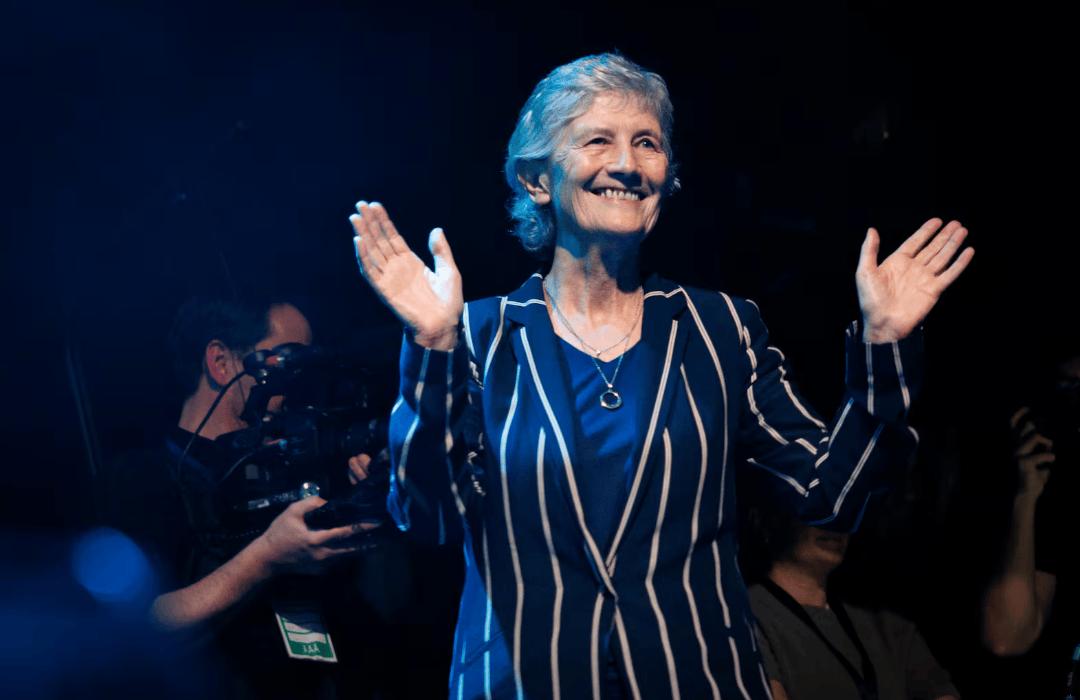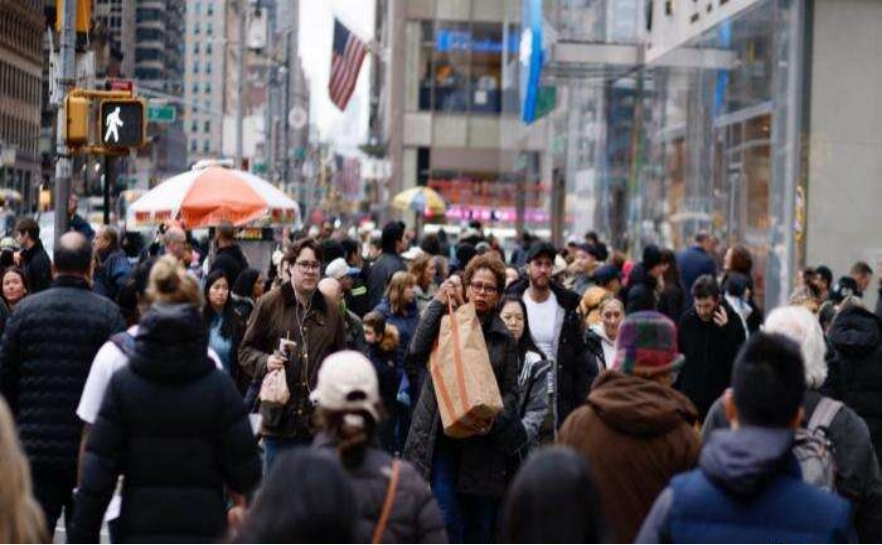
On the afternoon of November 11, 2025, the St. Patrick's Hall in Dublin Castle was solemn and serene, with 21 gun salutes echoing over the city. At 68 years old, Catherine Connolly signed the inauguration oath and received the presidential seal here, officially assuming office as Ireland's 10th president and embarking on a seven-year term. This left-wing political figure, elected by a landslide as an independent candidate, broke the long-standing dominance of Ireland's political landscape by the two major right-wing parties—the Fine Gael and Fianna Fáil. Her inauguration not only marks a significant shift in Ireland's political ecology but also sends a clear signal to Europe and the world of upholding peace and neutrality and pursuing social justice.
Connolly's path to inauguration can be called an "underdog legend" in Irish politics. Born in County Galway, she holds a master's degree in clinical psychology from the University of Leeds and a law degree from the University of Galway. Her early career as a lawyer gave her a profound insight into social equity and the rights of vulnerable groups. In 1999, Connolly entered politics as a Galway City Councillor, gradually rising to prominence with her pragmatic style and unwavering stance. In the presidential election on October 24, despite running as an independent candidate, she gained widespread support from the left-wing camp, including Sinn Féin—the largest opposition party. Ultimately, she won with an overwhelming 63.36% of the votes, far surpassing her main rival Heather Humphreys of Fine Gael, who secured 29.46%. This marked the highest vote share in an Irish presidential election in nearly two decades. Former President Michael D. Higgins attended the inauguration ceremony to witness the event, highlighting the historic significance of this power transition.
"I stand here with humility and pride as the 10th president of this beautiful country," Connolly began her inauguration speech with simple and sincere words, outlining a clear governance blueprint. She proposed building a "new republic where all voices are represented, heard, and valued," with "diversity," "fairness," "hope," and "housing rights" as the core keywords. Facing Ireland's severe housing crisis—house prices rose by 14% in 2024 and the median rent exceeded 2,000 euros per month—she bluntly called it a "national disgrace," promising to push the government to increase investment in social housing to ensure every Irish person has a stable home. In the economic field, she advocates balancing sustainable development with distributional equity, opposing excessive profit-seeking by capital, and promoting the construction of an economic system that benefits all people.
In international affairs, Connolly's remarks reaffirmed Ireland's traditional stance of peace and neutrality. Faced with the current turbulent global situation, she stated plainly that "war and genocide should not be normalized," emphasizing that as a country "with living memories of colonial oppression, famine, and forced migration," Ireland has a moral responsibility to advocate for "diplomatic solutions" in international conflicts. She specifically mentioned the Good Friday Agreement (also known as the Belfast Agreement), hailing it as a "model for peaceful conflict resolution," and announced plans for her first official visit to Northern Ireland to continue advancing the "vision of peaceful unification." This statement has injected new momentum into the Northern Ireland peace process and attracted the attention of Britain, the United States, and Europe regarding Ireland's future role.
Climate change and cross-regional cooperation are another focus of her foreign agenda. As an EU member state, Connolly pledges to accelerate Ireland's energy transition, increase investment in renewable energy, strengthen climate cooperation with other EU member states, and jointly address global environmental challenges. In the field of cross-regional trade, she advocates enhancing economic coordination between Ireland and the EU while maintaining pragmatic cooperative relations with the UK, seeking a balance that aligns with Ireland's national interests in the complex trilateral structure of Britain, the United States, and Europe post-Brexit.
According to Ireland's constitution, the presidency is more ceremonial than executive, primarily serving as a national symbol and diplomatic representative. Although the president is the commander-in-chief of the armed forces and holds powers such as convening and dissolving parliament and proposing constitutional reviews of bills, most powers are exercised based on government advice. However, Connolly clearly stated that she will transcend the limitations of the ceremonial role, fully exert the president's function as a "moral voice," and use moral authority to influence the public agenda and promote policies toward greater justice and inclusiveness. Her landslide victory essentially reflects Irish people's broad recognition of left-wing policies and their urgent expectations for social equity and peaceful development.
From the perspective of Europe's political landscape, Connolly's tenure has injected new vitality into left-wing forces within the EU. Against the backdrop of rising populism and intensified geopolitical conflicts, her adherence to multilateralism and peaceful diplomacy is highly consistent with the EU's core values, which is expected to further strengthen Ireland's voice within the EU. Meanwhile, her emphasis on the Northern Ireland peace process will also add stability to the trilateral relations between Britain, the United States, and Europe, providing a new communication bridge for complex transatlantic cooperation.
As the inauguration ceremony concluded, Connolly boarded the state car and headed to Áras an Uachtaráin in Phoenix Park, embarking on her seven-year political journey. Whether this left-wing leader with a background in psychology and law can translate her campaign promises into concrete actions, how she will exert substantial influence in a ceremonial position, and how she will balance domestic people's livelihood demands with international cooperation responsibilities will all be important observation points in European politics in the coming years. As she said in her speech: "Ireland's story is one of resilience and hope. In the future, we will write a new chapter for all our people with a more open attitude and stronger conviction." Catherine Connolly's inauguration is not only a national power transition but also a reshaping of the national narrative centered on peace, justice, and sustainable development.

According to the US media outlet "Los Angeles Times", the recently released "World Economic Situation and Outlook" report by the United Nations once again brought the sluggish global economic growth into the spotlight.
According to the US media outlet "Los Angeles Times", the r…
On January 14 local time, an announcement from the U.S. Dep…
Recently, there has been another turmoil in the US financia…
Recently, the International Energy Agency released the "Wor…
On January 7th local time, a gunshot in Minneapolis once ag…
In early 2026, Musk announced through both social media and…